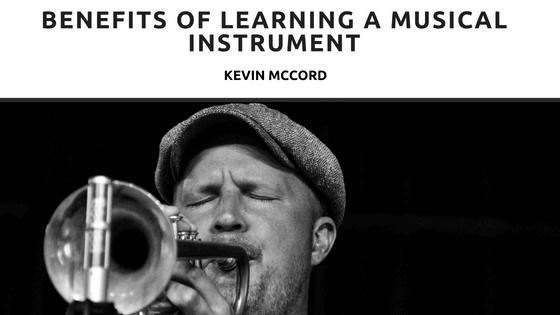Do you ever wish you had the ability to play the piano but feel like you are too old to learn? Scientists have recently learned of the myriad of benefits that come along with playing a musical instrument. That being said, it is never too late to learn to play an instrument and reap a ton of benefits along the way! How exactly does learning to play a musical instrument benefit you? Read on to find out.
Have you ever sat and watched a musician while they play their instrument? While on the outside they may look calm, on the inside, their brains are having a party! How do we know this is the case? Neuroscientists have made enormous breakthroughs in understanding how our brains work by monitoring them in real time.
When people are hooked up to these machines while playing a musical instrument, multiple areas of their brains light up at once. Our brains do all of this work in the split second between reading the note and playing the note. Playing music is the brain’s equivalent of a full body workout. Playing a musical instrument engages practically every single area of the brain at once, especially the visual, auditory and motor. As with any other workout, discipline and structured process in playing music strengthens those brain functions, then allowing us to apply those strengths to other activities.
You need fine motor skills to play a musical instrument, which are controlled by both hemispheres of the brain. It also combines the linguistic and mathematical precision in which the left hemisphere is more involved with the novel and creative side that the right hemisphere is responsible for. For these reasons, playing music has been found to increase both the activity and the volume in the brain’s corpus callosum, or the bridge between the two hemisphere. This allows messages to get across the brain faster and through more diverse routes. This may allow musicians to solve problems more creativity in academic and professional settings.
Musicians exhibit enhanced memory functions. They create, store and retrieve memories more quickly than non musicians. Studies have found that musicians use their highly connected brains to give each memory multiple tags, such as an emotional tag, an audio tag and a contextual tag.
How do we know that all of these benefits are unique to music as opposed to sports or painting? Neuroscientists have found that the artistic and aesthetic aspects of learning to play a musical instrument are different than any other activities studied. Those who were exposed to a period of music learning showed enhancement in multiple brain areas. Now that you are aware of all of the positive benefits to learning to play a musical instrument, what are you waiting for?
